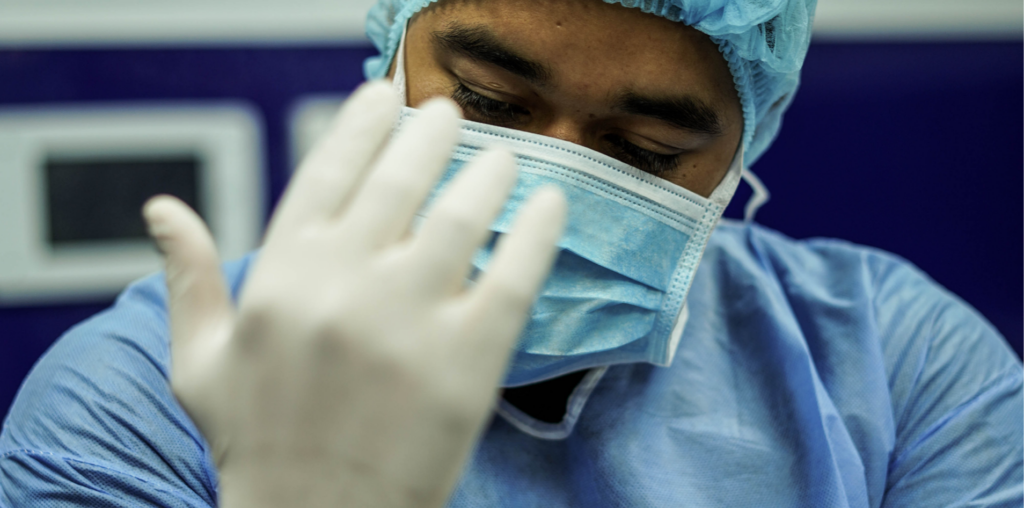
The annual residency Match Day is a day of anticipation and excitement. Unless you’re a leader of an emergency medicine residency program, as more than 500 emergency medicine positions went unfilled during this year’s Match Day.
While there is no official number released by the National Resident Matching Program, it is more than double the 219 unfilled positions last year and significantly more than the 14 unfilled positions in 2021. This is a radical change from where the field of emergency medicine used to be. According to the chief medical officer of the American Academy of Emergency Medicine (AAEM), Robert MnNamara, “If you go back three or four years, emergency medicine was one of the most competitive specialties.”
This trend is concerning for HCPs but not necessarily a surprise. As Alex Janke, MD, said on Twitter, “500+ unmatched spots in EM today, and I get it. Medical students see gridlocked, crowded EDs. They listen to our conversations about moral injury and the workforce.”
With so much discussion happening around emergency medicine, we asked the Figure 1 community for their thoughts.
Here’s what more than 700 HCPs had to say.
Will this Trend Continue?
We asked our members if they are concerned that this trend of emergency medicine residency spots going unfilled will continue to rise, and many said they are. A staggering 80% of respondents said they are concerned, with only 9% saying no, and 11% remaining undecided.
How Have Attitudes Shifted?
When asked if attitudes have shifted toward the emergency medicine profession, most of the respondents felt they have. A total of 88% of respondents agreed that attitudes toward EM have become more negative, leaving only 6% believing attitudes have stayed the same or become more popular in recent years, and 7% remained unsure.
One respondent said, “Years ago the work was exciting and you felt well supported with a well qualified team. Now doing medicine in a hallway without the tools needed exposes the practitioner to excessive risk. Nobody wants to deliver substandard care or expose themselves to a lawsuit.”
What’s Contributing to this Trend?
From politics, to new and modern job prospects, our respondents shared many contributing factors to this emergency medicine residency shortage. However, what most of our HCPs seem to agree on is that current ED conditions and staffing shortages make emergency medicine seem like an impossible position that no one would want to undertake.
One respondent said, “So many ERs are understaffed and hospitals are not supporting physicians and their licenses are on the line. It’s not worth the risk if no one protects you. Professionally or physically.” Another registered nurse stated, “I have been an ER nurse for 25 years and it is truly the worst it ever has been. I have 16 months until retirement and I’m not sure I will make it.”
A medical student seemed to share the voice of many when they said, “I’m a first year medical student and I’ve heard from a lot of my colleagues that COVID showed us how emergency med physicians are really on the front lines and can bring bugs back from the hospital.” With seemingly endless stories of how the pandemic has negatively impacted healthcare professionals, especially emergency medicine professionals, it’s no wonder students are wary of the profession.
However, one respondent stated that they “do feel, as an ER nurse, that ER physicians are enviable in that when the shift is over they are done. No call, no office to run. I think the benefits of being an ER MD have not been adequately promoted.” So, perhaps there is light at the end of the tunnel. If all the nuance, politics, and intensity brought to the profession within the past few years settles down, emergency medicine could be as competitive as it once was.
Published April 24, 2023
Join the Conversation
Sign up for Figure 1 and be part of a global community of healthcare professionals gaining medical knowledge, securely sharing real patient cases, and improving outcomes.


